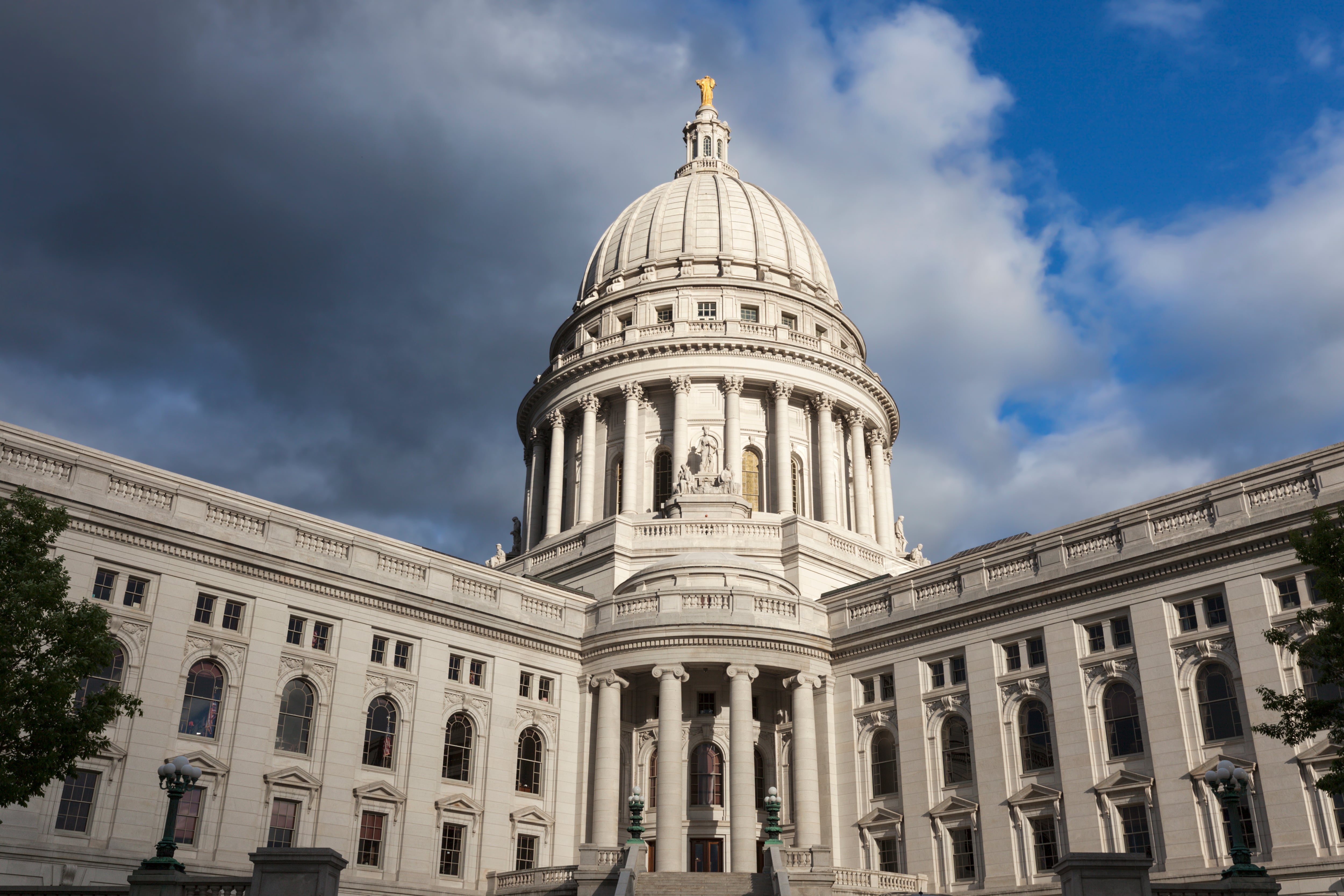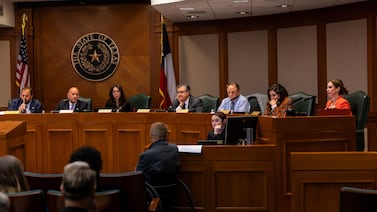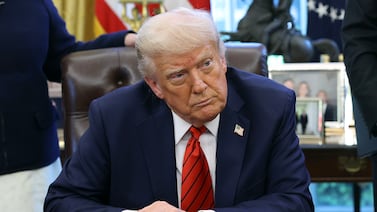Votebeat is a nonprofit news organization reporting on voting access and election administration across the U.S. Sign up for Votebeat Wisconsin’s free newsletter here.
For the first time in nearly two decades, the Wisconsin Senate doesn’t have a dedicated election committee — at least, not in name — even though Democrats and Republicans have multiple legislative priorities for election administration in the coming legislative session.
That doesn’t mean election-related proposals will languish in some legislative limbo. It does mean, however, that they’re likely not all going to a single committee for hearings and formal votes, which typically take place before the full chamber hears and votes on a measure.
“Given the broad range of topics included under the general ‘elections’ category, bills will be referred to committee on a case-by-case basis,” said Cameil Bowler, a spokesperson for Republican Senate President Mary Felzkowski, who’s in charge of referring bills to committees.
Republican Rep. Scott Krug, formerly the chair and currently the vice chair of the Assembly Elections Committee, said the Senate’s opting out of a designated election committee was “not my favorite idea.”
He said that he’d prefer election legislation going to just one committee, but added that he’ll deal with the Senate dynamic the best that he can.
In every legislative session since 2009, there has been a Senate committee formally dedicated to elections, though some of them also incorporated urban affairs, ethics, utilities, and rural issues. Last session, election bills went to a Senate committee that oversaw elections along with two other policy areas: shared revenue and consumer protection.
This time, it’s not so clear which Senate committee election bills will go to. Could it be the Government Operations, Labor, and Economic Development committee? Transportation and Local Government? Or Licensing, Regulatory Reform, State and Federal Affairs?
Republican Senate leaders either wouldn’t say or didn’t appear to know Monday which committees might generally handle election legislation.
The first election-related legislation, which would enshrine the state’s photo ID requirement for voters in the constitution, got referred to the Senate Judiciary and Public Safety committee, whose chair wrote the proposal. That constitutional amendment proposal was the first legislation to get a public hearing in the two-year session. If the measure passes the Senate, it’ll head to the Assembly for a public hearing and then likely pass in the majority-GOP chamber before heading to voters on the April 1 ballot, along with the Wisconsin Supreme Court election.
Sen. Mark Spreitzer, a Democrat on the government operations committee who has long worked on election administration issues, said he was surprised there was no designated Senate election committee.
“Right now, it is not clear where appointments to the Wisconsin Elections Commission or critical election bills will be sent,” he said. “There is important work to be done to improve our electoral systems with reforms like Monday processing of absentee ballots to speed up election night returns. The people of Wisconsin deserve to know where that work will be done.”
He also questioned why the voter ID measure was moving through the Legislature so soon, especially “if Republicans don’t think election topics matter enough to have a committee.”
For its part, the Wisconsin Municipal Clerks Association appeared willing to deal with the change. Janesville Clerk Lorena Stottler, who’s a co-chair of the clerks association’s legislative committee, said the group tracks election bills in other ways besides keeping up with a single legislative committee.
Republican senators didn’t say much about their decision to forgo a formal election committee.
Brian Radday, a spokesperson for GOP Senate Majority Leader Devin LeMahieu, didn’t explain why there wasn’t any specific election committee. Bowler, Felzkowski’s spokesperson, didn’t say to which specific committees certain election legislation would go, adding that Felzkowski doesn’t create committees.
Alexander Shur is a reporter for Votebeat based in Wisconsin. Contact Alexander at ashur@votebeat.org.






